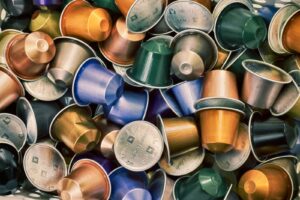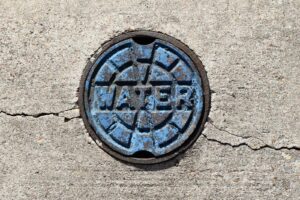Coca-Cola is the world’s largest plastic polluter, polluting more than the next three global polluters combined, according to a report published by Break Free From Plastic (BFFP).
On September 21, BFFP members conducted a brand audit of single-use plastics in 51 countries, across six continents.
In total there were 484 brand audit events, with a total of 72,451 volunteers.
The volunteers gathered single-use plastic waste from their selected site and then recorded the total volume of plastic waste collected and identified the composite categories, such as branding (if any) and the specific type of plastic.
Across the course of one day, the volunteers collected and audited a total of 477,423 pieces of plastic across the world.
Coca-cola, Nestlé, and the Swiss retailer Coop ranked the highest collected items, they were then closely followed by other global brands such as Mars, Danone, Redbull, McDonald’s and Starbucks.
The volunteers found that Coca-cola was the number one polluter, with a total of 11,742 branded Coca-cola plastics were collected across four continents in 37 countries.
This amount was more than the next three global plastic polluters combined.
Previous research has suggested that significant concentrations of plastic waste in the world’s oceans comes from a small handful of coastal countries in Asia.
However, the authors of the report write that many countries, who have a strong track record for recycling, have been sending their waste to Southeast Asia, where it will supposedly get recycled, but in reality, a lot of it gets burned or dumped.
The volunteers found evidence to support this claim, with a lot of American and European packaging polluting the countryside in Southeast Asia.
The authors of the report conclude: ‘Its no longer acceptable for companies to continue making profit by pumping out single-use plastic and expecting communities and local governments to shoulder the burden.’
‘Until consumer goods companies like Coca-cola and Nestlé embrace the real solution, reusable packaging, we will always continue to find their plastic polluting oceans, waterways, and communities around the world for generations to come.’
In related news, the government should look at reducing all single-use packaging in the UK, not just plastic, if it wants to tackle marine pollution, a committee of MPs has said.
Photo Credit – Pixabay
















